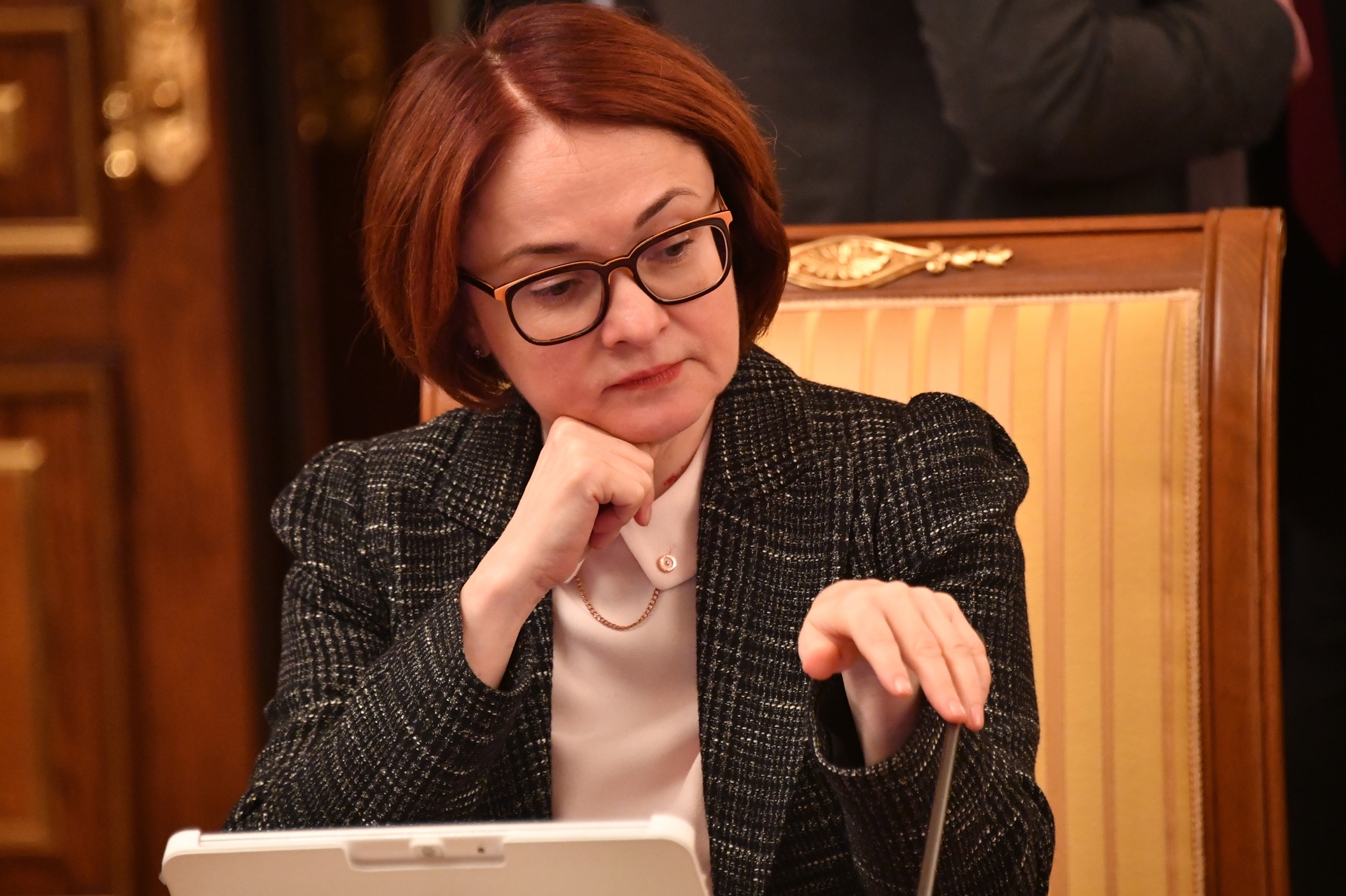The Bank of Russia intends to deal with the issue of introducing commissions on foreign currency accounts in some financial institutions, said Central Bank Chairman Elvira Nabiullina.
During a press conference on Friday, June 10, she said that the regulator is now carefully studying the situation.
As the head of the Central Bank emphasized, banks should not worsen the conditions for servicing their customers under existing agreements.
“As for accounts and various kinds of transfers, we need to carefully look at the contracts, different banks have made different decisions there, we will now look into this situation for each bank.
If there are relevant violations, we will apply measures,” Nabiullina said.
Earlier, a number of Russian financial institutions announced plans to introduce a commission for clients for servicing foreign currency accounts.
Such an initiative, for example, was made by the management of Tinkoff Bank.
From June 23, the organization is going to charge card account holders in US dollars, euros, pounds sterling and Swiss francs.
The fee will be 1% per month (12% per year) with a balance of more than 1,000 USD.
e. in the currency of the account.
In this case, the money will be debited daily.
“This measure is due to the unreliability of foreign currency partners for Russia and is aimed at reducing the currency position of Tinkoff Bank,” the press service of the credit institution explained.
In the meantime, the Central Bank reminded that banks cannot set commissions on already opened foreign currency deposits.
Such unilateral changes to the terms of the contract are a violation of the law, the regulator said in a statement.
“Under the conditions of sanctions and restrictions, all currency transactions for both banks and citizens carry certain risks, therefore banks are trying to reduce their volume of foreign exchange transactions and may even stop offering some foreign exchange products.
But it is important that all this be in compliance with all the rights of customers.
We keep this situation under control,” added Nabiullina.
globallookpress.com
© Komsomolskaya Pravda
After the introduction of Western sanctions, Russian banks actually lost the opportunity to earn on foreign currency and, as an alternative, began to introduce commissions for clients.
This was told to RT by the head of the investment strategies department of BCS World of Investments Maxim Shein.
“The currency that banks received in the form of passive deposits, now there is no one else to issue.
No one needs loans in dollars and euros.
At the same time, banks cannot now invest this money in bonds or securities of Western countries, ”Shein explained.
A similar point of view was expressed in a commentary by RT by the chief economist of the TeleTrade information and analytical center Mark Goykhman.
According to him, now Russian banks provide their clients with better conditions than they themselves have when placing funds in foreign currency, and therefore operate at a loss.
In addition, banks bear serious expenses for the maintenance of foreign currency accounts, Goykhman noted.
In turn, the presence of such liabilities forces financial organizations to keep a significant amount of funds on correspondent accounts of Western banks, and this is fraught with risks in the current conditions, the expert added.
“That is, the introduced commissions are to a certain extent intended to compensate for the expenses of banks or to encourage people to transfer funds into rubles for a wider placement.
Therefore, there is a high probability of an even greater spread of this practice, ”Goykhman suggested.
According to the expert, some bank customers may agree to the new conditions, while others may start transferring their foreign currency from current accounts to deposits.
In this case, the money will not be subject to commission, but will become less mobile if certain deposit terms are provided, the analyst explained.
“In addition, you can transfer currency from a current account to a brokerage one.
It does not charge commissions.
At the same time, you can not only keep the currency on a brokerage account, but use it more actively.
For example, investing in foreign currency financial assets, but this is a completely different, more risky activity,” said Mark Goykhman.
According to the economist, the Russians can start transferring funds to accounts in other banks, where there are no commissions.
In addition, the expert believes that one of the solutions to the problem is the exchange of funds for rubles or for a currency that is not subject to commissions.
We are talking, for example, about the Chinese yuan or the Turkish lira.

